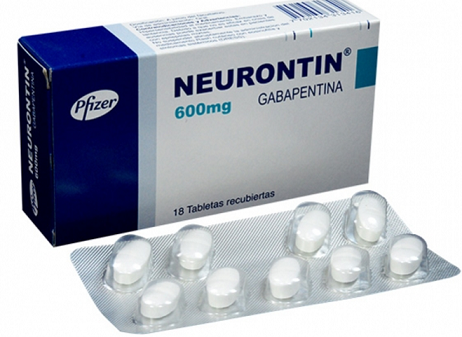It can take several weeks for gabapentin to reach its full effect, but this depends on the condition being treated.

Gabapentin is approved to treat:
-
-
- Nerve pain
- Some types of seizures
- Restless legs syndrome (RLS)
-
It also depends on your individual response to the drug. The time gabapentin takes to work is not the same for everyone.
The effective dose of gabapentin is also very different for each person. It may vary from 300 mg per day to up to 3,000 mg per day.
Another reason gabapentin takes time to work is that the dose is usually started low and gradually increased over time to reach an effective dose.
For example, when used to relieve nerve pain, the initial dose may be started at 300 mg and increased by 300 mg daily over several days, gradually reaching up to 600 mg three times per day. Studies for nerve pain treatment show that pain relief may begin within 1 week, with the maximum effect reached after about 4 weeks.
Gabapentin is in a class of medications called anticonvulsants. It is not completely known how this drug works. When used to treat a type of seizure disorder, called a partial onset seizure, gabapentin decreases the abnormal activity in the brain that causes the seizures. When used to treat nerve pain, or neuralgia, following a herpes zoster (shingles) infection, gabapentin may reduce the response to painful stimuli. It is unknown how gabapentin relieves symptoms of restless legs syndrome.
Even though it may take up to 4 weeks to get the full effects of gabapentin, it is important not to stop taking it suddenly. That could cause withdrawal symptoms such as:
-
-
- Anxiety
- Insomnia
- Nausea
- Pain
-
If you are taking gabapentin to control seizures, stopping suddenly may increase your risk of a seizure.
Common side effects of Gabapentin
These common side effects of gabapentin may happen in more than 1 in 100 people. They’re usually mild and go away by themselves.
There are things you can do to help cope with them:
-
- Feeling sleepy, tired or dizzy
- Feeling sick (nausea)
- Being sick (vomiting)
- Diarrhoea
- Mood changes
- Swollen arms and legs
- Blurred vision
- Dry mouth
- Difficulty getting an erection
- Weight gain
- Memory problems
- Headaches
- Getting more infections than usual
Keep taking the medicine, but talk to your doctor if this advice does not help and the side effects bother you or do not go away.